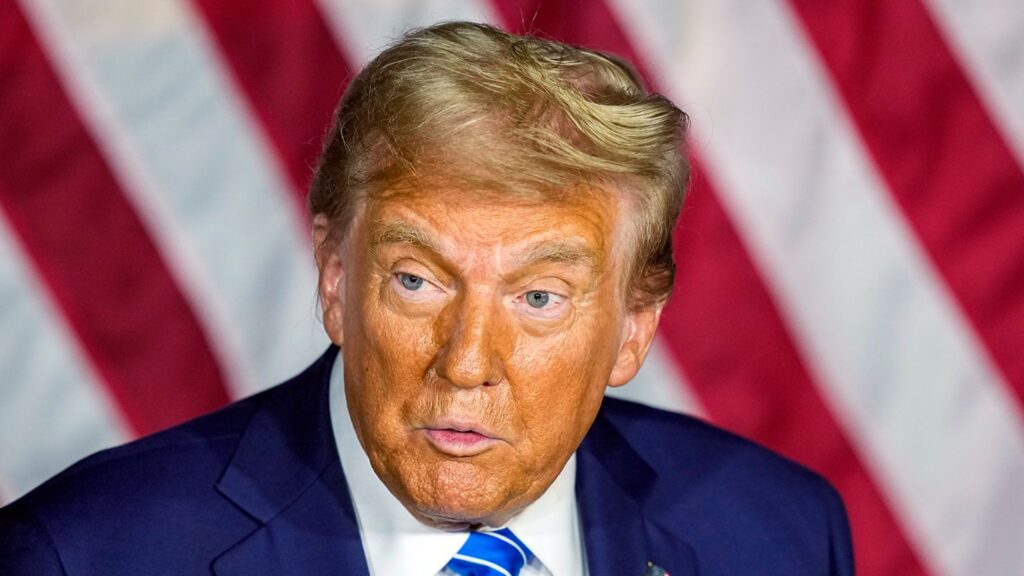Donald Trump will be sentenced on Friday in the high-profile New York “hush money” case, following a decision by the U.S. Supreme Court. In a 5-4 ruling, the justices rejected the president-elect’s last-minute request to delay the proceedings, ensuring sentencing will occur just over a week before his inauguration as the 47th President of the United States.
The narrow decision saw Amy Coney Barrett, who was appointed by Mr. Trump in 2020, and Chief Justice John Roberts join the court’s three liberal justices in ruling against the Republican. In dissent, four conservative justices—Clarence Thomas, Samuel Alito, Neil Gorsuch, and Brett Kavanaugh—argued in favor of granting Mr. Trump’s request to postpone sentencing.
In a brief statement, the Court indicated that some of Mr. Trump’s objections to the sentencing could be addressed “in the ordinary course on appeal,” effectively allowing the proceedings to move forward without delay.
Mr. Trump, 78, was convicted earlier this year on 34 counts of falsifying business records in connection with an alleged payment to adult film star Stormy Daniels. Prosecutors argued that the payment was intended to silence claims of an affair, potentially protecting his 2016 presidential campaign from negative publicity.
This historic conviction marks the first time a U.S. president—former or sitting—has been found guilty of a criminal offense. Despite the charges, Mr. Trump has denied any wrongdoing, calling the case a politically motivated attack.
Justice Juan Merchan, who presides over the case, has suggested that an unconditional discharge—a lenient option avoiding prison or probation—may be the most appropriate outcome. In his earlier statements, Justice Merchan noted that such a move “appears to be the most viable solution to ensure finality and allow the defendant to pursue his appellate options.”
The Supreme Court’s decision adds another layer of complexity to Mr. Trump’s transition to power, underscoring the legal and political challenges he faces as he prepares to take office.
The court’s split decision reflects the contentious nature of Mr. Trump’s legal battles. Amy Coney Barrett’s vote to reject his plea has drawn particular attention, given her appointment by Mr. Trump himself in 2020. Her decision, along with Chief Justice Roberts’ alignment with the liberal justices, highlights the unpredictable dynamics of the current Supreme Court.
The ruling clears the way for a pivotal sentencing hearing on Friday, which will take place amidst ongoing debates about the balance of justice and governance. Legal experts note that while falsifying business records is punishable by up to four years in prison under New York law, Mr. Trump is unlikely to face incarceration.
As the nation awaits the outcome, this case serves as a watershed moment in U.S. legal and political history, raising questions about accountability, the role of the judiciary, and the resilience of democratic institutions in the face of unprecedented challenges.
Read Also: Nathaniel Bassey for Trump’s inaugural prayer breakfast
Read Also: Trump loses $5m sexual assault, defamation verdict appeal
Read Also: How Trump, Elon Musk caused Congress’ nightmare before Christmas



